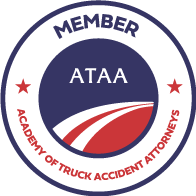This is a true recount of Grange Insurance Association’s recent handling of a claim. We share this with you with the thought that it may be of significance to you as you make your own choices as to which insurance company to obtain insurance coverage through.
This situation involves someone who was insured by Grange for many years and had several policies with Grange. The person paid Grange thousands of dollars a year in premium payments for more than ten years, never missing a payment. Because the person was an insured of Grange, under the law they were considered to be a “first party” insured.
Last year, the Grange insured was involved in a car accident. The man insured by Grange was headed home from work in his one-ton pickup truck. A seventeen year old young man driving his sister’s BMW came racing up behind the man and “got on his bumper” so closely that the man could not see both sides of the BMW in his side mirrors. The man tapped his brakes to signal to the young man to drop back to a safe distance. After then continuing on for a short distance, the two vehicles then turned from the country road that they had been on, on to a major, four lane arterial road. As the man in the pickup (which weighed close to 9,000 pounds, including the load in the bed) turned the corner the young man in the BMW passed the truck, at speed, then darted right in front of the truck and proceeded to anchor his brakes. The man in the pickup braked hard but could not avoid a collision because the young man left him no room to stop within.
The pickup truck sustained close to $5,000 worth of damage. The Grange insured submitted a claim to the young man’s insurance company, but that company (not Grange) did not pay on the claim because the young man told them a different version of what happened. The man (the Grange insured) then sued the young man (only for repair costs, there was no injury claim). The depositions of the Grange insured and the young man were taken. During the depositions the pickup driver showed the young man’s attorney a film from the young man’s Facebook page wherein the young man and friends were doing aggressive “drifting” in their cars at a local parking lot. The case settled shortly thereafter with the young man’s insurer reimbursing the pickup driver for his loss in full. Obviously, the young man’s insurance company would not have paid on the claim unless it concluded that the young man was at fault.
While this was going on the young man decided to assert a whiplash type injury claim of his own, through an attorney. The Grange insured (the driver of the pickup) tendered the defense of the claim to Grange with specific instructions that the young man was not to be paid because the claim had no merit. It is of note that during the course of his own lawsuit the pickup driver kept the Grange Insurance Association claims adjuster updated, including informing him when the young man’s insured agreed to resolve his claim by compensation in full for his repair costs.
Not long after the pickup driver’s claim settled, the young man, through his attorney, sent a settlement demand with the threat of filing suit, to Grange, the pickup driver’s insurance company. The Grange insured spoke with the claims adjuster by telephone, and exchanged several e-mail messages with the claims adjuster. In those communications the Grange claims adjuster acknowledged that the pickup driver had instructed Grange not to voluntarily pay on the claim, and also confirmed (not for the first time) that Grange agreed with its insured that the young man’s claim was meritless. Despite these communications, and without informing the man before doing so, Grange proceeded to pay the young man and his attorney (a relatively modest amount) to settle the young man’s claim.
When he learned of Grange having paid the young man, the Grange insured was not pleased. He wrote to the adjuster letting them know that. He also demanded that Grange inform him whether the “behind my back” settlement would impact the man’s insurance rates. The adjuster’s response was that the settlement payment would be “coded” in such a way that the man’s insurance rates with Grange would not increase. Significantly, the adjuster chose not to respond to the insured’s questions as to whether his rates would go up due to the settlement payment if the man were to change insurance companies.
Written proof exists which confirms the accuracy of all of the above.








